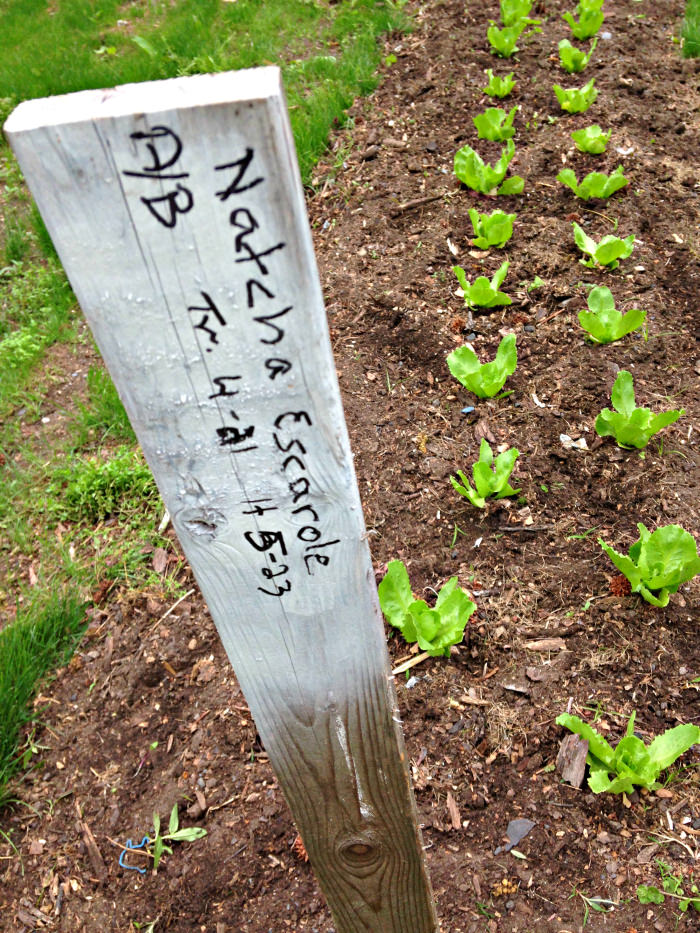
You’ve heard of farm-to-table. How about garden-to-table?
Over four years ago I wrote an article, Getting local food on the local table, about area chefs who were sourcing locally for their ingredients. I mentioned five restaurants and chefs, the most I could find doing it at the time. Today, there must be over two dozen restaurants in Bucks and nearby sourcing locally to some degree. I’ve lost count. Yes, this has been a national trend, but we here in Bucks County are especially fortunate to have so much good food growing at our doorstep.
Restaurant gardens are another big trend. More and more restaurants are planting gardens just yards away from the kitchen. Could you get more local or fresh?
 As you are cruising on River Road through Lower Makefield, keep your eyes open for a small sign announcing the Yardley Inn’s Canal Side Kitchen Garden. In 2011, the garden was started on a patch of land a few miles north of the Inn, right on River Road .
As you are cruising on River Road through Lower Makefield, keep your eyes open for a small sign announcing the Yardley Inn’s Canal Side Kitchen Garden. In 2011, the garden was started on a patch of land a few miles north of the Inn, right on River Road .
The “garden” is now 6000 square feet of beds, producing herbs, vegetables and fruit for the restaurant. It’s a dream that has finally come to life for the Yardley Inn and especially for executive chef Eben Copple.
Copple is impassioned about preservation of area agriculture and using only fresh and natural products in his cuisine. “The ability to raise my own produce and see the process through from the seed to the plate is amazing,” says Copple. The Inn also has a Riverside Garden just across the road from the restaurant with herbs and pickling cucumbers, convenient to the kitchen.
 Last year, the Inn hired Sue Schneck to manage the farm. Schneck, a Penn State Extension Master Gardener for over 15 years, works closely with Copple to plan the season’s produce.
Last year, the Inn hired Sue Schneck to manage the farm. Schneck, a Penn State Extension Master Gardener for over 15 years, works closely with Copple to plan the season’s produce.
“Last year we grew a lot of different things, but the restaurant goes through a lot of produce and needs more,” explains Schneck. This year the plan is to focus on key crops like greens, beans, and tomatoes, and to produce enough to satisfy the Inn’s kitchen. But you’ll also see on the menu beets, radicchio, escarole, radishes, peas, Jerusalem artichokes, asparagus, blueberries and raspberries. Copple asked Schneck to plant three types of tomatoes—heirloom varieties, tomatoes for slicing and plum tomatoes for sauces.
While not certified organic, Schneck is following organic practices on the farm. With help from three part-timers, Kelley Cosgrove, Bradley Bumgardner and Ben Cohen, they weed by hand and hoe rather than use pesticides. Schneck has been improving the soil with more organic matter, including compost created from the restaurant’s food waste and horse manure from an organic farm in New Jersey. The woods surrounding the garden provide lots of bees, says Schneck, which is great for pollination. In the fall, Schneck plants a cover crop of rye to replenish the soil and keep the weeds down.
Earl’s Bucks County was one of the first Bucks restaurants to “go local.” Their garden is entering its fifth year. I remember looking at it with executive general manager David Zuckerman when it was no more than 500 square feet. I wasn’t impressed. Now the garden is 1800 square feet, has its own water source and is producing heirloom tomatoes, eggplant, dino kale and more for executive chef Bill Murphy’s menu. And the mint in your mojito? It was harvested that morning just yards away.
Earl’s is also following organic practices. The garden’s compost comes from the kitchen’s food waste. Peace Tree Farms in Upper Bucks supplies organically grown seedlings. Bugs are controlled by the introduction of beneficial microorganisms and insects.
 Bowman’s Tavern is another restaurant that has “gone local.” Owners/chefs James Seward and Michael Livelsberger bought the popular restaurant and bar in the winter of 2013 (see Bowman’s Tavern: The same yet new). In addition to revamping the menu, their goal was to introduce seasonal dishes and source ingredients as local as possible.
Bowman’s Tavern is another restaurant that has “gone local.” Owners/chefs James Seward and Michael Livelsberger bought the popular restaurant and bar in the winter of 2013 (see Bowman’s Tavern: The same yet new). In addition to revamping the menu, their goal was to introduce seasonal dishes and source ingredients as local as possible.
Now local includes their own garden, planned and planted by Seward’s wife, Christine. Standing among the raised beds, mulched down with straw, I saw the future of my meals at Bowman’s.
Heirloom tomatoes and little green cherry tomatoes waiting for the sun and a bit more rain. Red leaf lettuce, eggplant, radishes, beets, daikon, garlic, peppers, beans, squash, cucumbers, peas, onions, kohlrabi, Brussels sprouts and strawberries. Thyme, mints, lemon verbena, parsley, oregano, sage, rosemary and, of course, basil, are interspersed among the vegetables along with edible flowers like calendula and nasturtium. While the 900 square foot garden is only in its first season, you can imagine what it will look like in a few years when the perennial herbs have really taken hold.
James Seward leaves the gardening to Christine. His chef’s mind is racing ahead to what they’ll be able to make with the garden’s bounty, like garlic confit, or Thai basil with melon, a combination Seward came upon by chance a few years ago on the cutting board, and gets all dreamy-eyed when he thinks of it. Although the garden can’t currently produce enough for the regular menu, you’ll find all this wonderful produce in Bowman’s weekend specials, says Seward.
The Yardley Inn
82 E Afton Ave.
Yardley, PA
PH: 215.493.3800
WEB: www.yardleyinn.com
Earl’s Bucks County
Peddler’s Village
Lahaska, PA
PH: 215.794.4020
WEB: www.peddlersvillage.com
Bowman’s Tavern
1600 River Rd
New Hope, PA
PH: 215.862.2972
WEB: www.bowmanstavernrestaurant.com

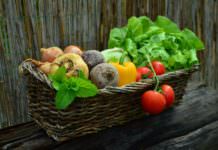



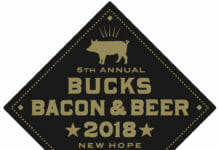


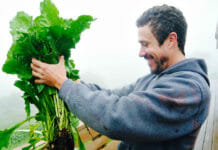
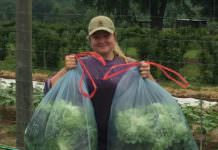
![What we’re reading [Oct 16 2017]](https://www.buckscountytaste.com/wp-content/uploads/2017/10/coffee_macbook_reading_pexels-photo-414630-218x150.jpeg)
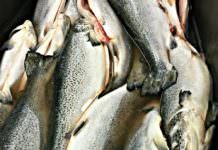
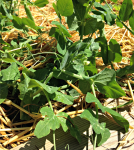
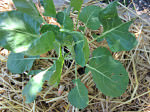
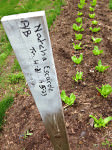
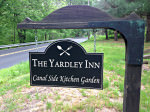
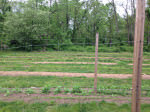
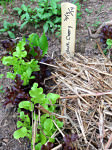

[…] thing is that no one was hurt in the fire…and we got the wine out! We’ll be doing the garden again this year, and using the fresh produce in all our […]
[…] Murphy has always been a strong supporter of sourcing ingredients locally (see our post about the restaurant’s garden here). […]
[…] of our favorites, with a great menu strong on locally sourced ingredients (including from their own garden). 82 E. Afton Ave (at Delaware Ave.), Yardley […]